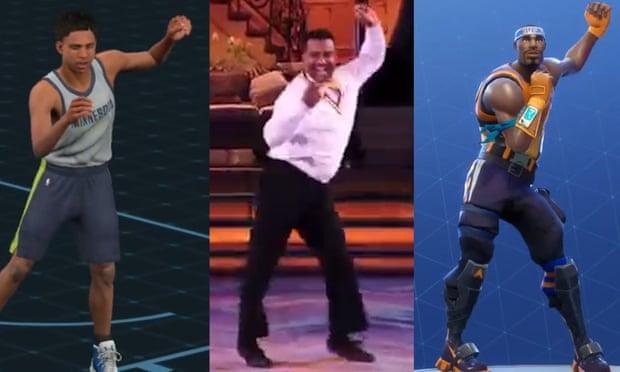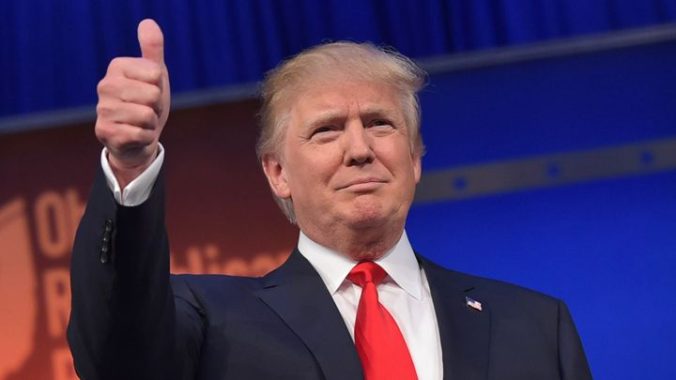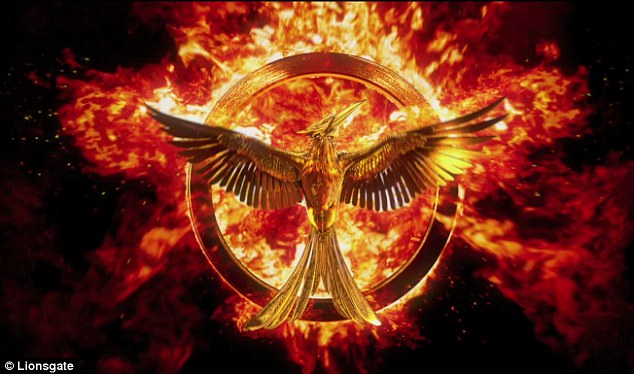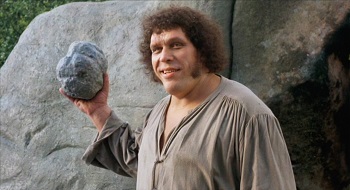What does President Trump own?
April 5, 2019
If there is one singular, defining character trait of Donald J. Trump, it is this: he really, really likes putting the TRUMP name on things. Hotels, casinos, residential towers, television shows, books, golf courses, beauty pageants, steaks, universities, business plans, and on and on. It is kind of his thing. And he is exceptionally good at marketing the Trump name when he uses it.
The moment Donald Trump ran for president, and was subsequently elected – the ways he could use market that TRUMP brand grew exponentially. And I do not use the term “brand” lightly. Because for someone like me, the underlying question is this: what IP rights in his name and likeness does Donald Trump still own? Most recently, Trump has put the TRUMP brand on images of the White House. These images are now subsequently being sold online and at his various hotels.
I have written about some of these issues before,[1] and once again, I will not try to address any issues with the emoluments clause of the Constitution. Nor will this article be about the purported morality of such things, but instead an analysis of what IP rights are available for protection. Can President Trump own copyrights of his image? Can President Trump use the TRUMP name as a trademark and protect it like a private citizen? Can President Trump use White House and U.S. government imagery in tandem with his name and assert personal rights in these products? It is not such an easy answer.
Continue reading





Recent Comments